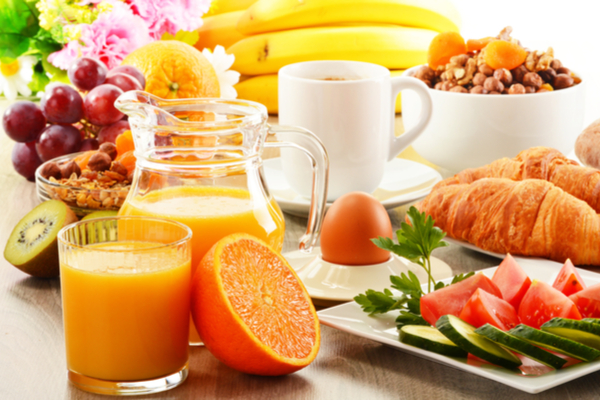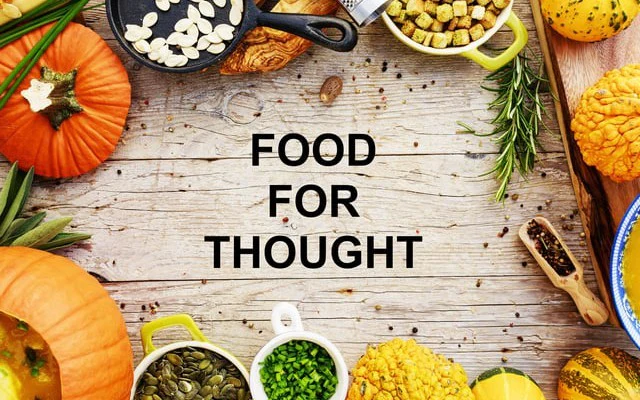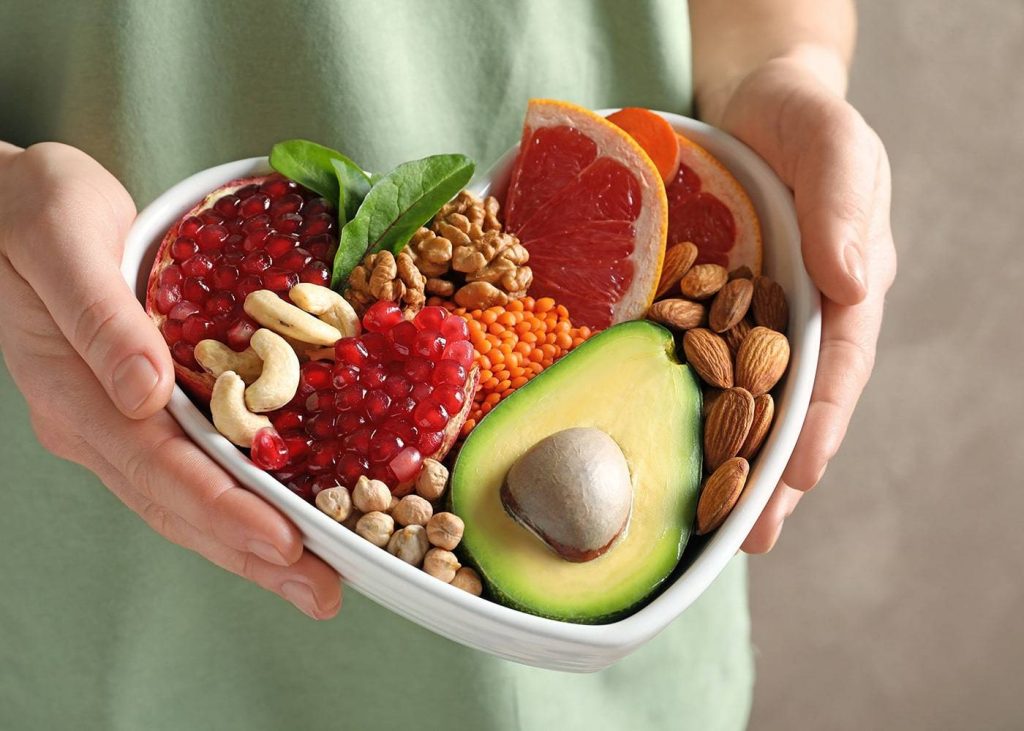Motion Se Hi Emotion Hai – The Gut-Mind Connection
Let’s admit it—when Piku hit theatres, nobody expected a full-blown discussion on bowel movements to steal the show. Yet there we were, giggling at “Motion se hi Emotion hai” while also secretly nodding in agreement. Because as strange as it sounds, this wasn’t just a toilet joke—it was the truth we didn’t know we needed to hear.
The reality is, gut troubles like bloating, constipation, or just not feeling “light” are everyday struggles for many people. And while they seem minor, they quietly affect your mood, energy, and even how you show up in the world. That’s where the gut-mind connection steps in—subtle, powerful, and often underestimated.
What Is the Gut-Mind Connection?
Think of your gut as your second brain. Sounds dramatic? It isn’t. The gut and brain are directly linked through a complex network called the gut-brain axis. They constantly communicate via nerves, hormones, and even bacteria. That’s why stress, worry, or overthinking can lead to acidity, cramps, or even constipation—and a disturbed stomach can, in turn, affect your mood, focus, and energy.
So… What Does Your Gut Like?
Every gut has its own personality—some love dal-rice simplicity, while others demand greens, fiber, and fermented foods. But a few things work universally well:
- Hydration: Water is non-negotiable. Warm water can often help with smoother bowel movements.
- Fiber-rich foods: Fruits, veggies, whole grains help maintain a happy gut rhythm.
- Fermented foods: Curd, buttermilk, pickles (in moderation!) can help populate good gut bacteria.
- Peaceful eating: Not rushing, not scrolling, just chewing and being present while eating.
And surprisingly, the gut doesn’t just dislike junk—it dislikes chaos. Erratic meal times, skipped breakfasts, heavy late-night meals, and overthinking while eating—it remembers it all.
Listen to Your Gut—Literally
Your body has ways of speaking. A sudden craving, bloating after a certain food, or an uneasy morning? It’s all part of a language we often ignore. Understanding your gut doesn’t need calorie counting or crash diets—it needs attention, consistency, and care.
What Is the Gut-Mind Connection?
Think of your gut as your second brain. Sounds dramatic? It isn’t. The gut and brain are directly linked through a complex network called the gut-brain axis. They constantly communicate via nerves, hormones, and even bacteria. That’s why stress, worry, or overthinking can lead to acidity, cramps, or even constipation—and a disturbed stomach can, in turn, affect your mood, focus, and energy.
So… What Does Your Gut Like?
Every gut has its own personality—some love dal-rice simplicity, while others demand greens, fiber, and fermented foods. But a few things work universally well:
Hydration: Water is non-negotiable. Warm water can often help with smoother bowel movements.
Fiber-rich foods: Fruits, veggies, whole grains help maintain a happy gut rhythm.
Fermented foods: Curd, buttermilk, pickles (in moderation!) can help populate good gut bacteria.
Peaceful eating: Not rushing, not scrolling, just chewing and being present while eating.
And surprisingly, the gut doesn’t just dislike junk—it dislikes chaos. Erratic meal times, skipped breakfasts, heavy late-night meals, and overthinking while eating—it remembers it all.
Listen to Your Gut—Literally
Your body has ways of speaking. A sudden craving, bloating after a certain food, or an uneasy morning? It’s all part of a language we often ignore.
Understanding your gut doesn’t need calorie counting or crash diets—it needs attention, consistency, and care.
The Final takeway –
“A healthy gut is not just about digestion—it’s where your energy, emotions, and clarity begin. Trust your gut—it knows the way.”






